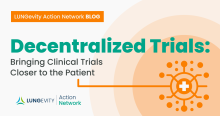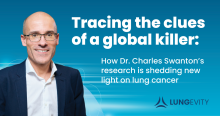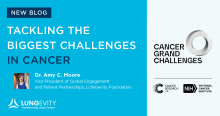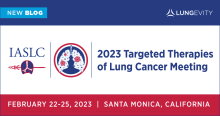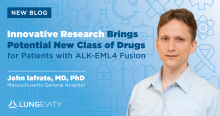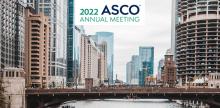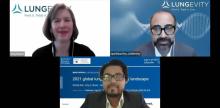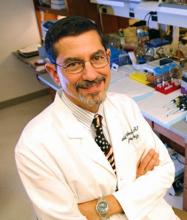Decentralized Trials: Bringing Clinical Trials Closer to the Patient
While participating in clinical trials can provide substantial benefits to people with lung cancer, the resources required to do so may pose significant hurdles, especially to those who don’t live close to where trials are held, such as academic medical centers or major oncology network sites. Decentralized clinical trials remove some hurdles to trial participation for patients and are thus important for improving trial access for larger and more diverse groups of people. The U.S. Food and Drug Administration (FDA) recently issued a draft guidance outlining recommendations and important

